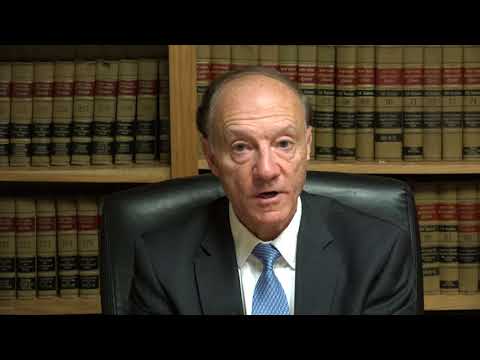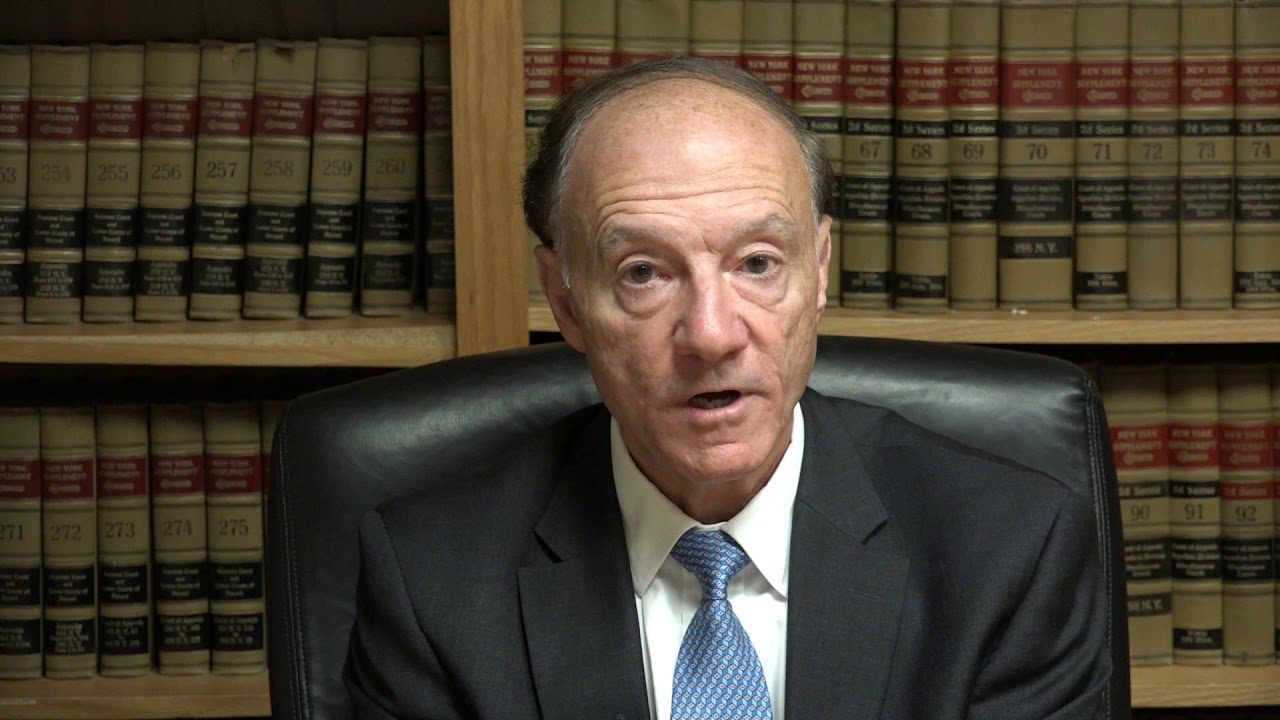Discover a comprehensive and invaluable resource for navigating the challenging period following the loss of a loved one with our What to Do When Someone Dies checklist PDF. This meticulously crafted and user-friendly guide provides step-by-step guidance, helping you navigate the complex process of handling affairs and making arrangements during an emotionally overwhelming time. Whether you are a family member, friend, or executor, this checklist offers a sense of comfort and clarity during a time of uncertainty and grief. From notifying relevant parties and arranging a funeral or memorial service to managing legal and financial matters, this checklist covers all crucial aspects to ensure no detail is overlooked. Download our What to Do When Someone Dies checklist PDF today and gain peace of mind knowing that you have a comprehensive roadmap to guide you through this challenging process. Empower yourself with the knowledge and guidance needed to navigate this difficult time with confidence and ease. Let our checklist be your trusted companion, providing a sense of direction and support as you honor your loved one and take care of practical matters.

What to Do When Someone Dies Checklist PDF
| Task | Description |
|---|---|
| Gather important documents | Collect the deceased person’s identification documents, will, insurance policies, and other legal papers. |
| Notify family and close friends | Contact immediate family members and close friends to inform them about the passing and provide necessary details. |
| Arrange for funeral or memorial service | Coordinate with a funeral home or religious institution to plan a suitable ceremony to honor the deceased. |
| Notify employer and financial institutions | Inform the deceased person’s employer and financial institutions to stop payments, close accounts, or transfer assets. |
| Cancel subscriptions and memberships | Terminate any subscriptions, memberships, or services in the deceased person’s name to avoid unnecessary charges. |
| Settle outstanding debts and bills | Pay off any remaining debts, utility bills, and outstanding expenses using the deceased person’s estate if applicable. |
| Notify government agencies | Inform relevant government agencies, such as Social Security, Medicare, and the passport office, about the death. |
| Handle legal matters | Consult with an attorney to handle the legal aspects of settling the deceased person’s estate, including probate if necessary. |
| Update or cancel insurance policies | Contact insurance providers to update beneficiaries or cancel policies that are no longer needed. |
| Notify relevant organizations and institutions | Inform any organizations, clubs, or institutions the deceased person was a part of about their passing. |
As an expert in end-of-life matters, it is crucial to follow a comprehensive checklist when someone dies. This HTML table outlines essential tasks that need to be addressed to ensure a smooth transition during this challenging time. From gathering important documents and notifying family and friends to handling legal matters and updating insurance policies, each step plays a vital role in the post-death process. By following this checklist, you can navigate the necessary procedures with ease and provide the deceased person’s loved ones with the support they need.
“Inheritance Surprise: Navigating the Aftermath of a Loved One’s Unplanned Departure!”
What to Do When Someone Dies: A Helpful Checklist
Losing a loved one is an incredibly difficult and emotional time. In addition to grieving and mourning, there are also practical matters that need to be addressed. To assist you during this challenging period, we have compiled a comprehensive checklist of the essential tasks that need to be undertaken when someone passes away.
1. Notify the Relevant Authorities
The first step after a death occurs is to notify the appropriate authorities. If the person passed away at home, call the local police or ambulance service immediately. If the death occurred in a hospital or care facility, the staff will handle the necessary arrangements. It is crucial to obtain a medical certificate stating the cause of death, as this will be required for various legal procedures.
2. Inform Immediate Family and Close Friends
Once the authorities have been notified, the next important step is to inform immediate family members and close friends. This can be an incredibly difficult and emotional task, so it may be helpful to enlist the support of another family member or friend to help deliver the news. If possible, arrange for someone to stay with the bereaved to provide emotional support during this challenging time.
3. Contact a Funeral Director
Engaging the services of a funeral director is essential in arranging a dignified and respectful farewell for your loved one. Funeral directors are experienced professionals who will guide you through the necessary steps, including organizing the funeral, preparing the body, and obtaining the required permits and certificates. They can also provide valuable advice on funeral options, such as burial or cremation, and assist with any religious or cultural customs.
4. Attend to Legal and Financial Matters
Dealing with legal and financial matters can be overwhelming during such an emotional time. However, it is essential to address these issues promptly. Some of the key tasks include:
• Locating the deceased’s will, if one exists. This will outline their wishes and provide guidance on how to distribute their assets.
• Contacting the deceased’s lawyer or estate planner to initiate the probate process, if necessary.
• Notifying banks, insurance companies, and other relevant institutions of the death.
• Applying for death certificates, which will be needed for various purposes, such as accessing bank accounts or claiming life insurance.
• Canceling or transferring the deceased’s utilities, phone contracts, and other services.
5. Inform Other Organizations and Individuals
In addition to the immediate family and close friends, there are other organizations and individuals that need to be informed about the death. Some of these include:
• Employer: Notify the deceased’s employer and inquire about any outstanding salary, benefits, or insurance claims.
• Social Security Administration: If the deceased was receiving Social Security benefits, inform the administration to cease payments and inquire about survivor benefits, if applicable.
• Post Office: Arrange for mail forwarding or redirection to ensure important documents and communications are received.
• Subscriptions and Memberships: Cancel or transfer any subscriptions, memberships, or services registered in the deceased’s name.
• Creditors: Contact credit card companies, banks, and other creditors to settle any outstanding debts.
• Government Agencies: Inform relevant government agencies, such as the Department of Motor Vehicles, to update records and cancel licenses or identification cards.
• Online Accounts: Close or memorialize social media accounts, email addresses, and other online platforms where the deceased had a presence.
While this checklist provides a comprehensive guide, it is important to remember that everyone’s situation is unique. Additional tasks may arise depending on factors such as the deceased’s personal circumstances, location, and religious or cultural practices. It is advisable to seek support from professionals, such as funeral directors, lawyers, or estate planners, who can provide personalized assistance during this challenging time.
Remember, it is essential to take care of yourself and seek emotional support from family, friends, or grief counseling services as you navigate through the complicated process of handling the practical matters after a loved one’s passing.
What to Do When Someone Dies Checklist
- Notify family and close friends
- Contact the deceased person’s employer
- Notify the deceased person’s doctor
- Arrange for transportation of the body
- Notify the funeral home or mortuary
- Obtain death certificates
- Notify the deceased person’s attorney
- Notify the deceased person’s insurance companies
- Cancel the deceased person’s subscriptions and memberships
- Notify the post office to forward mail
- Notify the deceased person’s bank and other financial institutions
- Notify the Social Security Administration
- Notify any creditors or debtors
- Cancel the deceased person’s driver’s license
- Notify the deceased person’s utility companies
- Notify the deceased person’s landlord or mortgage company
- Take care of the deceased person’s pets
- Notify the deceased person’s school or educational institution
- Notify the deceased person’s religious or spiritual community
- Notify any relevant government agencies
- Arrange for the deceased person’s funeral or memorial service
- Notify the deceased person’s employer or pension provider
- Notify the deceased person’s previous employers
- Notify the deceased person’s business partners or clients
- Notify the deceased person’s professional associations
- Notify any support groups or organizations the deceased person was a part of
- Notify the deceased person’s neighbors
- Notify the deceased person’s social media platforms
- Review the deceased person’s will and carry out their final wishes
- Notify the deceased person’s credit card companies
- Notify the deceased person’s investment or retirement account providers
- Notify the deceased person’s phone and internet service providers
- Notify the deceased person’s health insurance provider
- Notify the deceased person’s vehicle insurance provider
- Notify the deceased person’s home insurance provider
- Notify any other relevant insurance providers
- Notify the deceased person’s library or book clubs
- Notify the deceased person’s alma mater or educational institutions they attended
- Notify the deceased person’s alumni associations
- Notify the deceased person’s local government representative
- Notify the deceased person’s friends and acquaintances
- Notify any other individuals or organizations the deceased person had connections with

